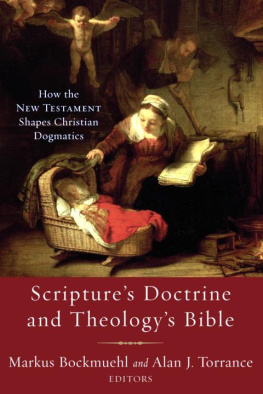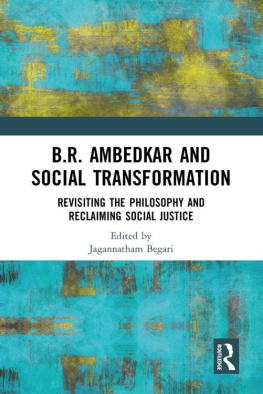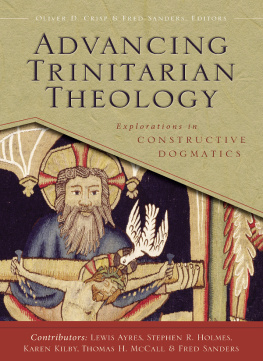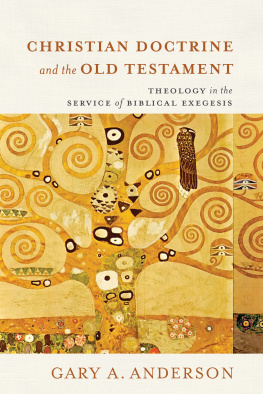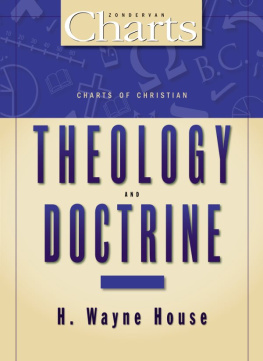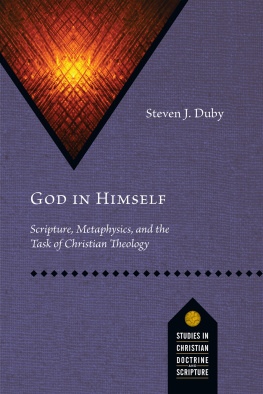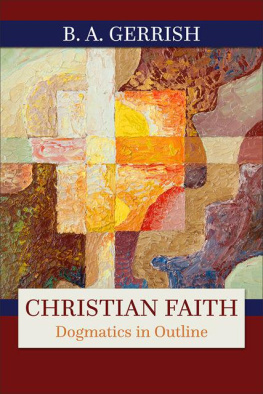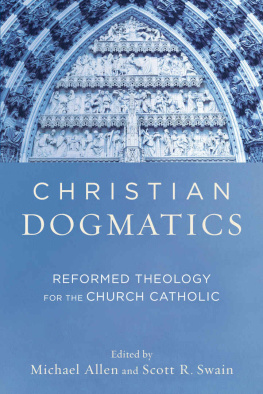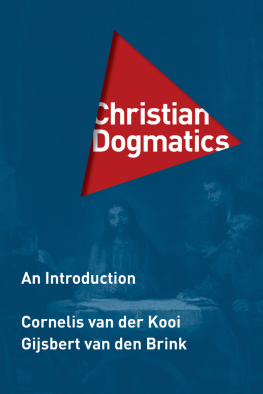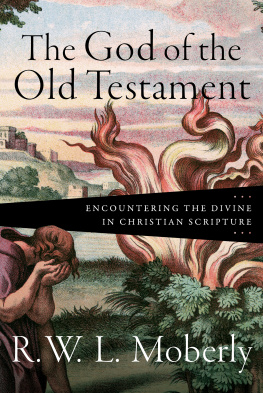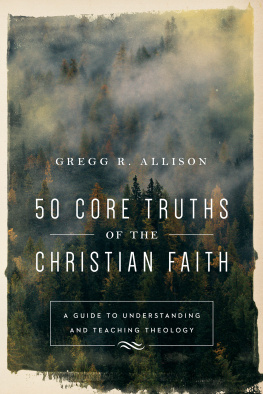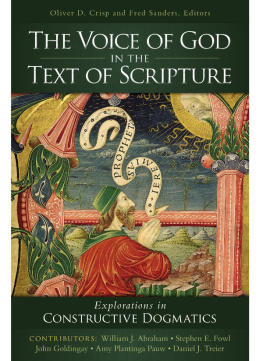Unknown - Scripture’s Doctrine and Theology’s Bible: How the New Testament Shapes Christian Dogmatics
Here you can read online Unknown - Scripture’s Doctrine and Theology’s Bible: How the New Testament Shapes Christian Dogmatics full text of the book (entire story) in english for free. Download pdf and epub, get meaning, cover and reviews about this ebook. year: 2010, genre: Religion. Description of the work, (preface) as well as reviews are available. Best literature library LitArk.com created for fans of good reading and offers a wide selection of genres:
Romance novel
Science fiction
Adventure
Detective
Science
History
Home and family
Prose
Art
Politics
Computer
Non-fiction
Religion
Business
Children
Humor
Choose a favorite category and find really read worthwhile books. Enjoy immersion in the world of imagination, feel the emotions of the characters or learn something new for yourself, make an fascinating discovery.
Scripture’s Doctrine and Theology’s Bible: How the New Testament Shapes Christian Dogmatics: summary, description and annotation
We offer to read an annotation, description, summary or preface (depends on what the author of the book "Scripture’s Doctrine and Theology’s Bible: How the New Testament Shapes Christian Dogmatics" wrote himself). If you haven't found the necessary information about the book — write in the comments, we will try to find it.
Unknown: author's other books
Who wrote Scripture’s Doctrine and Theology’s Bible: How the New Testament Shapes Christian Dogmatics? Find out the surname, the name of the author of the book and a list of all author's works by series.
Scripture’s Doctrine and Theology’s Bible: How the New Testament Shapes Christian Dogmatics — read online for free the complete book (whole text) full work
Below is the text of the book, divided by pages. System saving the place of the last page read, allows you to conveniently read the book "Scripture’s Doctrine and Theology’s Bible: How the New Testament Shapes Christian Dogmatics" online for free, without having to search again every time where you left off. Put a bookmark, and you can go to the page where you finished reading at any time.
Font size:
Interval:
Bookmark:

and Theology's Bible
and Theology's Bible
Shapes Christian Dogmatics

Edited by
Markus Bockmuehl and Alan J. Torrance


Part 1 Scripture's Doctrine
Part 2 Theology's Bible
Part 3 Scripture and Theology
not to mention numerous papers and seminars on the international conference and lecture circuit. It undoubtedly expresses a longoverdue reaction against the modernist critical excesses of twentieth-century professional guilds: poking and dissecting the biblical text on "educational" or "scientific" pretexts before publishing the carcass of "assured results," Gunther von Hagens-like, "plastinated" in contrived pseudo-lifelike positions that tended to bear little demonstrable relation to the human struggles and stories with God that actually animated these bodies and that alone can account for what they were and are.
But granted that such reductionism is intellectually and spiritually impoverished, what exactly is this newly popular phenomenon called theological interpretation? Is it, as the adjectival construct suggests, mainly a particular flavor or style of engaging in a familiar and self-evident task of interpreting (interpret is a notably transitive verb, of which Scripture remains grammatically, and one suspects hermeneutically, the object upon which one operates)? If so, is theological interpretation in that sense rather like "Cajun cooking" or "retro design"? Alternatively, is there perhaps some sense in which the living and lived word of Scripture shapes both exegesis and theology reciprocally, and in which dogmatics articulately engages and in turn illuminates the hearing of that word?
Conceived as a contribution to the wider discussion and clarification of these questions, the present book gathers together revised papers originally presented in a unique series of seminars on the New Testament's relationship to systematic theology. Leading biblical and systematic theologians from Europe and North America came to the University of St. Andrews in the spring of 2007 to shine a probing searchlight from a variety of perspectives on a single focused question: "To what extent, and on what grounds, does the New Testament shape and prescribe Christian theology?" The serial effect of these encounters was little short of electrifying, and the resulting stimulus to debate made it clear that we should seek to make this exercise available to a wider audience.
For this publication, the contributions have been grouped into three topical sections, with the authors' expertise and reflection on the seminar's debate intended to engage both biblical and dogmatic disciplines.
Part 1, "Scripture's Doctrine," explores the question of how the Bible, and the New Testament in particular, may be understood to exert pressure on particular aspects of Christian doctrine and praxis. The contributors approach this problem from a variety of fresh and unfamiliar angles.
J. Wagner's essay raises the question of how the two-testament nature of the Bible exercises its influence on Christian doctrine, given that the New Testament authors, most of the church fathers, and the Eastern churches to this day read the Greek rather than the Hebrew as the normative Old Testament of their Christian Bible. As Wagner rightly points out, the implications for Christian theology are not often taken on board. In dialogue with the work of Brevard Childs, he argues that the Septuagint highlights for theology the importance of the unfinished "search" for the Christian Bible, not least because it extends key canonical trajectories that arise from the final form of the canonical text.
Markus Bockmuehl examines the topical and heavily debated question of the New Testament foundations of ecclesiology. He takes as his starting point a debate about the New Testament's vision of the church, held nearly half a century ago between Ernst Kasemann and Raymond Brown, two giants of exegetical scholarship. It is soon evident that simple accounts of the church's unity swiftly run aground, both exegetically and indeed ecclesiologically, on the diversity of viewpoints represented within the New Testament. Nevertheless, and for all the hermeneutical potential of a conflictual or polemical reading of the New Testament's diversity, a certain ecclesial convergence can be shown to cluster around a number of key convictions, including the apos tolicity (and, indeed, dominical sanction) of the church and its incorporation into the biblical story of Israel.
Walter Moberly, an Old Testament scholar, intriguingly takes as his focus the doctrinal application of the Fourth Gospel's emphasis on the exclusiveness of Christ to a contested topic in the contemporary church: the problem of interfaith dialogue, especially that between Jews and Christians. Calling into question casual assumptions about worship of "the same God" along with convenient evasions of the theological force of John 14:6 (and related passages), he demonstrates that exegetical attention to the place of this text in the Gospel compels a doctrinal appreciation for the "definitive content" of Jesus' self-giving love for others. At the same time, that content holds in tension both the particular and the universal; it is a mystery that always surpasses its particular (ecclesial) manifestations, being best captured in the historic trinitarian and incarnational doctrines. As such, it demands both doctrinal conviction and epistemological humility in interfaith dialogue.
Finally, taking the writings of the apostle Paul as his cue, N. T. Wright brings to bear his twin roles as bishop and scholar to ask how the biblical text can be encountered as challenging and life-giving word, addressing us and contributing to the formulation of creedal faith. It does so, he argues, above all in its narrative function, so that doctrine, as specially exemplified in the creeds, is best understood as "portable story"-not as an abstract checklist but as expressive of the narrative of the New Testament as a whole, indeed of the overall story of Israel. The place where Scripture most properly functions in that way is the worshiping congregation's central participation in the Eucharist; and it is this latter "portable story" that ought to shape not just academic debate but also the contemporary expressions of the church's corporate life.
Part 2 turns from the analysis of the Bible's own doctrine-evoking witness to a critical reflection on how some of the most influential theologians of the last hundred years have been shaped and engaged by what they encountered in the New Testament.
Font size:
Interval:
Bookmark:
Similar books «Scripture’s Doctrine and Theology’s Bible: How the New Testament Shapes Christian Dogmatics»
Look at similar books to Scripture’s Doctrine and Theology’s Bible: How the New Testament Shapes Christian Dogmatics. We have selected literature similar in name and meaning in the hope of providing readers with more options to find new, interesting, not yet read works.
Discussion, reviews of the book Scripture’s Doctrine and Theology’s Bible: How the New Testament Shapes Christian Dogmatics and just readers' own opinions. Leave your comments, write what you think about the work, its meaning or the main characters. Specify what exactly you liked and what you didn't like, and why you think so.

